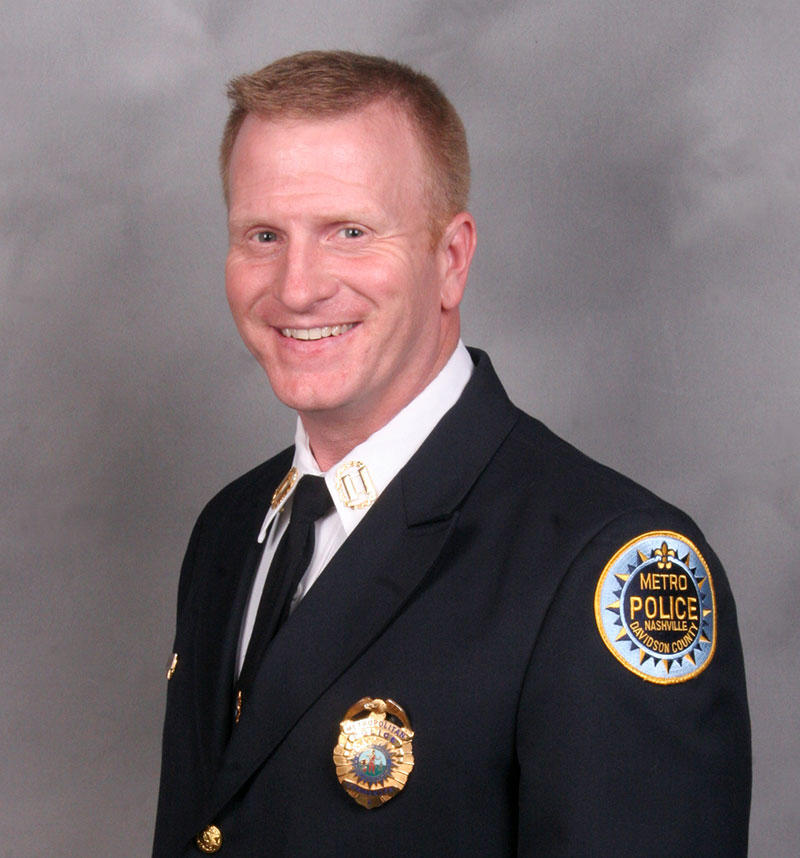
Summer usually means an uptick in crime. But across Nashville, shootings and homicides have already been going up for months. In one precinct, in East Nashville, murders are on pace to double.
East Precinct Commander, David Imhof, is a 25-year-veteran of the police force. And like a typical cop, he’s blunt about where things are in his district.
“Violent crime is up this year. There’s no doubt about it,” Imhoff says.
Here’s the breakdown: Since January, 15 people have been killed in Imhof’s East Precinct. That’s how many people were murdered during
all of last year. And it’s worth remembering that it’s only June.
The epicenter for the spike is the James Cayce Homes, the city’s largest public housing complex. Four people have been killed there this year. Any more murders and it will be Cayce’s deadliest year since 1992.
Imhof notes that excluding the homicide spike, there has been a steady decline of violent crime over the past decade. Right now the district is averaging 68 Part One crimes a week — that’s crimes like homicide, rape, robbery, burglary, aggravated assault, larceny and car thefts. In 2003, according to Imhof, it was roughly 140 a week. “We’ve seen significant reductions,” he says.

But Imhof admits the spike in homicides is troubling. Over the weekend there was a murder-suicide in the precinct. However, it’s bigger than just one person shooting at another.
“This isn’t a police problem. This isn’t a Cayce problem. This isn’t a District 5 problem,” Imhof says. “It’s a community problem. And when I say that, I am including us in the community.”
Meaning the police. Practically, this translates to poring over data, gathering better intelligence and putting his officers in the right places at the right times — as he calls it, “police smart.”
He’s also trying to put his finger on
why the shootings have gone up so much.
“I’ve had people come to me and say ‘is there a gang war going on?’ That doesn’t seem to be the case,” Imhof says. “These are all individual isolated incidents…And we want to prevent any more from happening.”
Still most shootings are not completely random. If you look closely, they’re often fallout of interpersonal conflict that can go back and forth over months or even years.
Prevention may be the most difficult police work of all. It will take rebuilding relationships with residents. Last April, two of Imhof’s officers were assaulted in Cayce. Then in February Jocques Clemmons was fatally shot by another one of his officers after fleeing a traffic stop. All told, trust is low. But Imhof says he’s working to get it back.
“The way we build trust is how you talk to folks. And how we present ourselves to folks,” Imhof says. He adds that Cayce residents tell him, “They’d like to see police on foot and they’d like to see us on bike and out of our cars more. And I think that is completely legitimate.”
And so, Imhof is beginning to do just that. He hopes it will lead to better communication. And ultimately tips that could help him intervene before a conflict turns into a shooting.


